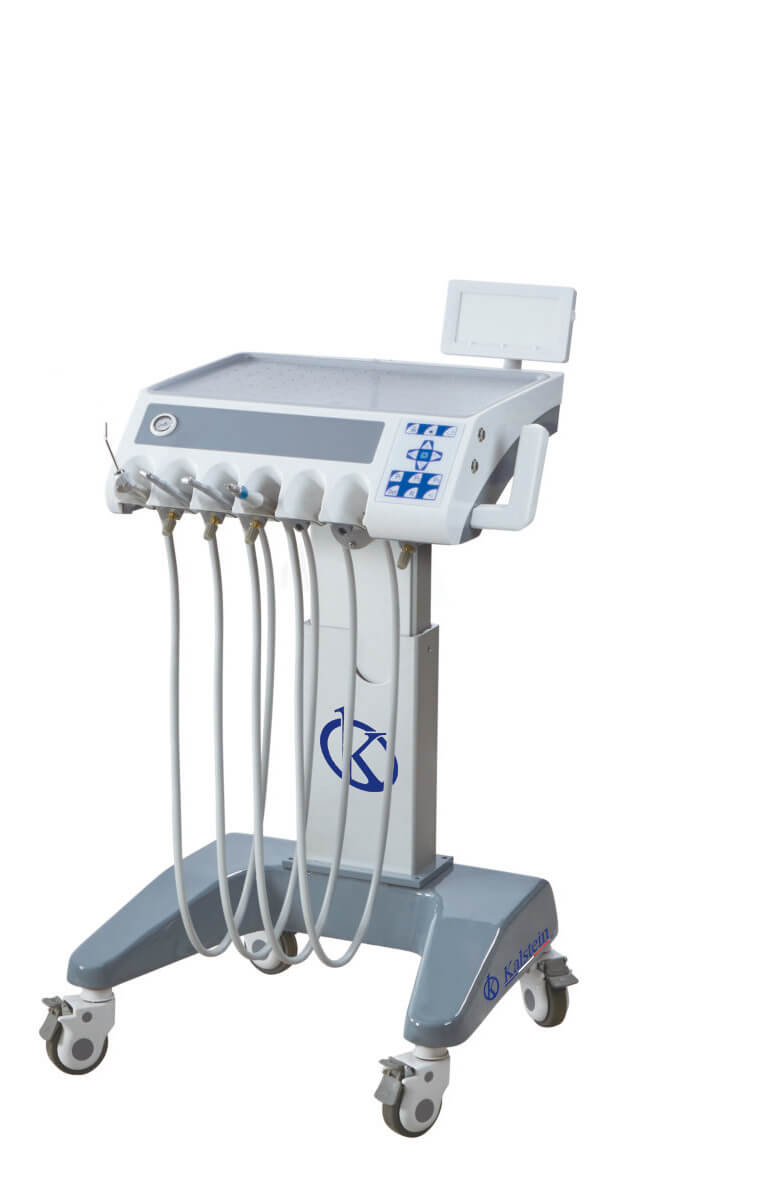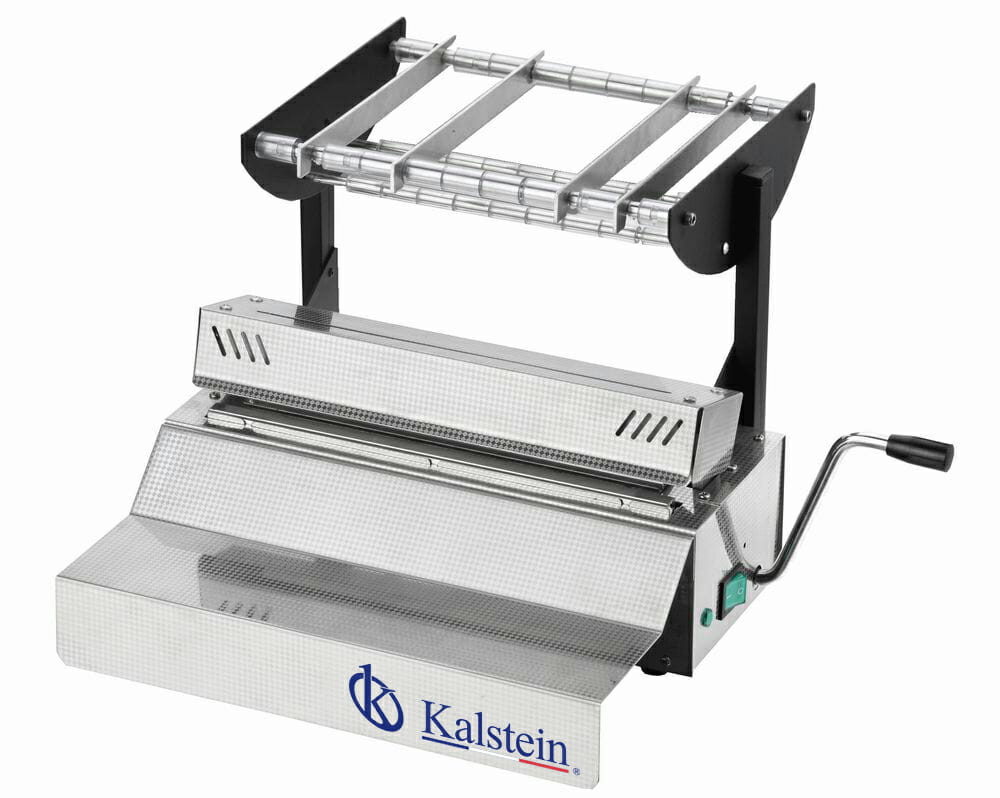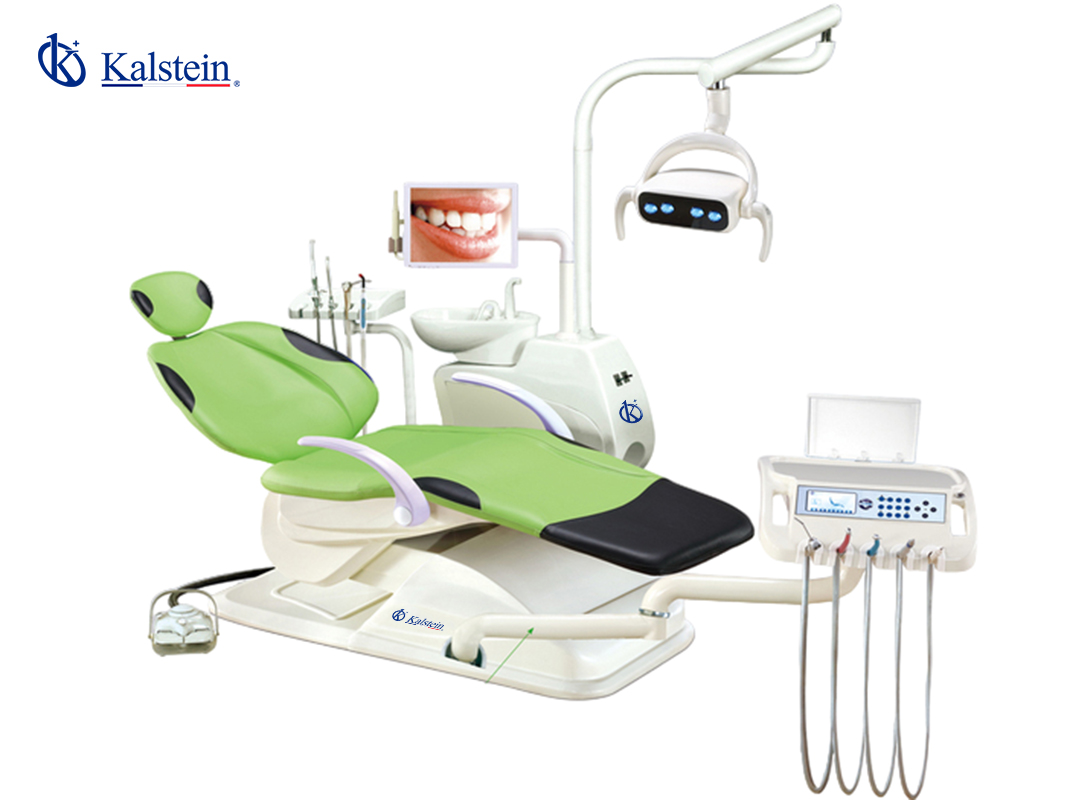A laboratory refrigerator is a piece of equipment that allows to efficiently conserve all kinds of substances that are cooled in it, whether they are liquid, solid or homogeneous substances. Reason why it is considered essential equipment within the laboratory.
It acts by lowering the temperature, thus allowing control of the effect it has on the substances whose composition and structure are to be preserved, this is because the lower the temperature, the lower the rate at which chemical reactions occur and metabolic, which deteriorate the compounds. That is why they are used in the conservation of blood and derivatives, biological fluids and tissues, reagents, chemicals, and bacterial strains.
In other words, these equipments are used for the preservation of substances such as reagents and biological elements that, if kept at room temperature conditions, would decompose or alter their properties. They provide conditions through which it is possible to conserve those elements that, such as blood and its derivatives, are necessary for diagnosis, research and the provision of health services.
What is a laboratory freezer?
A freezer is a refrigeration equipment that has a thermally insulated compartment, which helps it to keep cold and thus avoid damage or degradation. These equipments work by compression or by absorption, by means of which they are capable of keeping the products stored inside at a temperature below 0 ° C, normally between -30 ° C and -4 ° C.
Although currently some equipment can reach temperatures of -80 ºC. Its function is to maintain, in a controlled environment, various fluids and substances, so that they are kept in good condition, since the lower the temperature, the less chemical and biological activity. To achieve this it is required that the interior temperature of the refrigerator is lower than the room temperature.
Types of laboratory refrigerators and freezers
Laboratory refrigerators and freezers are classified according to their temperature range:
- Conservation refrigerator: This type of refrigerator has the capacity to operate from 0 ° C to 8 ° C in temperature.
- Low temperature freezers: This type of refrigerator has the ability to refrigerate at temperatures ranging from 0 ° C to -30 ° C.
- Ultra low temperature freezers: This type of refrigerator preserves substances at temperatures ranging from 0 ° C to -86 ° C.
Importance of refrigerators and freezers
Refrigerators and freezers are essential equipment in every laboratory, since these equipment guarantee the preservation of substances by generating and maintaining negative temperatures up to thermal levels. For optimal operation, they must meet certain characteristics, such as optimized thermal insulation, temperature maintenance and the ability to program and regulate the temperature with the support of electronic alarms that notify the laboratory staff of breakdowns or malfunctions.
For optimal operation, the refrigerator must be located in a cool and ventilated environment with at least one window, to avoid the concentration of hot air. In addition, it must be placed 15 cm away from the wall, which will promote air circulation. The sun’s rays should not hit the refrigerator directly, since ultraviolet rays could inactivate the vaccines. It is also recommended to place it on a wooden base to avoid electricity leakage.
At Kalstein we are MANUFACTURERS and we offer you an excellent range of laboratory refrigerators and freezers at the best PRICES on the market. That is why we invite you to take a look at the Products menu. HERE




